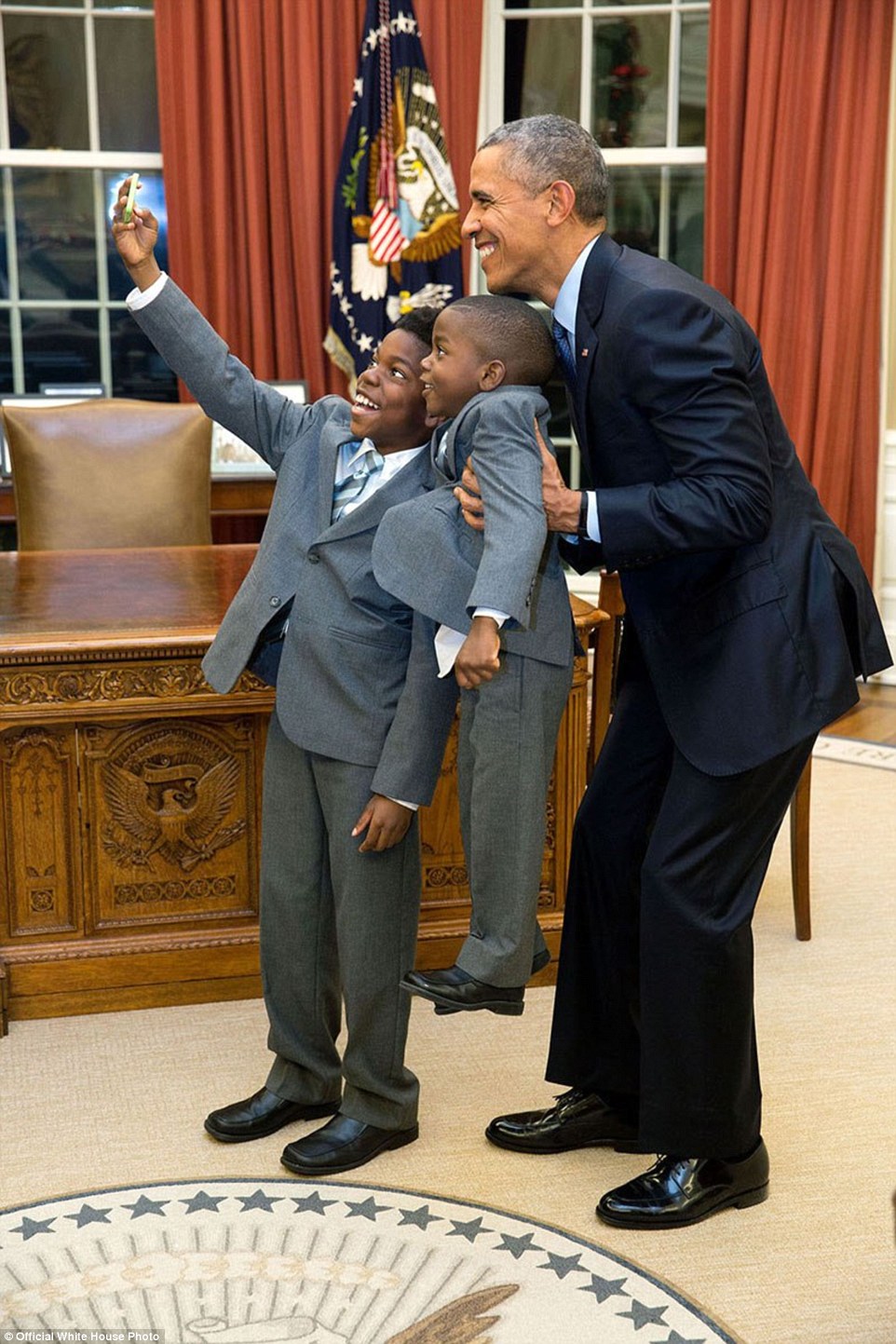Barack Obama – Symbol of Hope and Equality
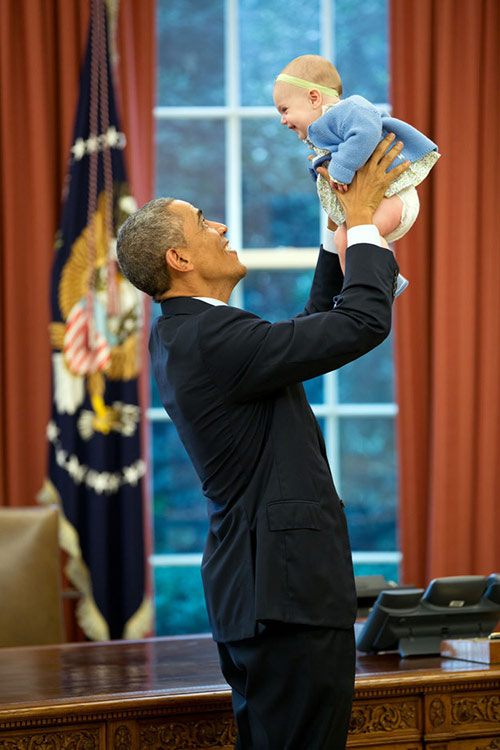
Barack Obama, the 44th president of the United States, holds a unique place in American history as the first African-American to occupy the nation’s highest office. His election in 2008 was more than a political victory; it was a powerful symbol of change, hope, and equality for millions of Americans. From the moment he took office, Obama inspired people across the country and the world with his calm, approachable style, eloquence, and ability to communicate a vision of unity and progress. His famous slogan, “Yes We Can,” became more than a campaign mantra—it became a national rallying cry for hope, opportunity, and the belief that collective action can lead to meaningful change.
Transforming the Economy
One of Obama’s most significant achievements came during a period of severe economic turmoil. When he assumed office in January 2009, the United States was facing the Great Recession, the most serious financial crisis since the Great Depression. Millions of Americans had lost their jobs, homes, and savings, and confidence in the economy was low. Obama responded with a series of decisive actions, including the American Recovery and Reinvestment Act (ARRA), which injected over $800 billion into the economy to stabilize the financial system, create jobs, and support struggling families. His administration also implemented measures to save the auto industry, which preserved millions of jobs and helped rebuild confidence in American manufacturing.
Through these efforts, Obama not only helped the U.S. recover economically but also restored hope to millions of Americans who had feared for their future. His leadership during this critical period showed resilience, strategic thinking, and empathy for the struggles of ordinary citizens.
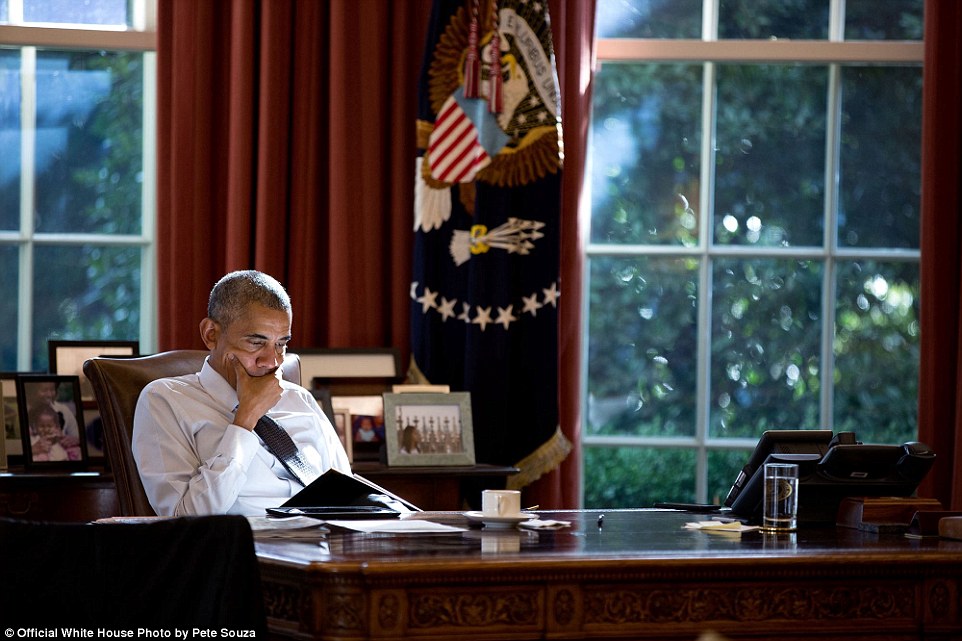
Expanding Healthcare Access
Another cornerstone of Obama’s legacy is his dedication to healthcare reform. The passage of the Affordable Care Act (ACA), commonly known as Obamacare, was a historic achievement that expanded access to healthcare for tens of millions of Americans. For the first time, individuals with pre-existing conditions could no longer be denied coverage, and young adults could remain on their parents’ insurance plans until age 26. Medicaid expansion provided healthcare to millions of low-income families who previously lacked coverage.
Obamacare was more than legislation; it was a reflection of Obama’s belief in equity and compassion. By ensuring that healthcare was accessible to more Americans, he reinforced the idea that government could serve as a positive force to improve people’s lives. This policy transformed the daily reality of millions of citizens, reducing financial stress and providing peace of mind for families across the nation.
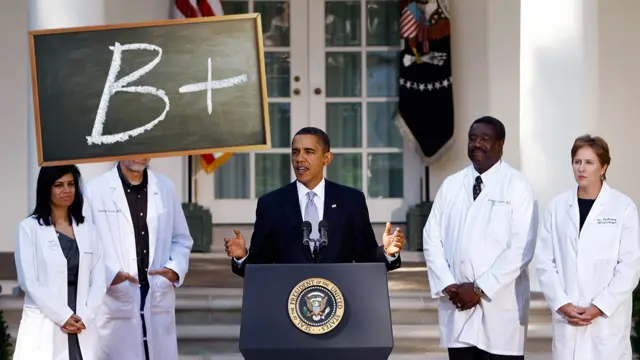
Championing Social Justice and Equality
Obama’s presidency also marked significant progress in the areas of social justice, civil rights, and equality. He openly supported LGBTQ+ rights, culminating in his advocacy for the legalization of same-sex marriage. His administration also worked to promote gender equality, protect the rights of minorities, and advance criminal justice reform. By speaking openly about racial issues and striving to address systemic inequalities, Obama helped foster a more inclusive dialogue in American society, encouraging citizens to reflect on fairness, justice, and empathy.
Beyond policy, Obama’s personal example—his demeanor, integrity, and respect for all people—served as a living model of the values he promoted. For many Americans, seeing a thoughtful, empathetic leader in the White House reinforced the idea that leadership could be both effective and morally grounded.
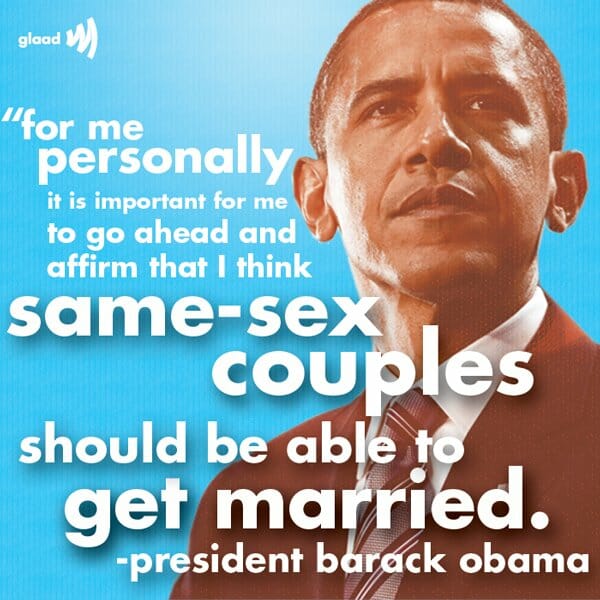
Global Leadership and Diplomacy
On the international stage, Obama worked tirelessly to strengthen America’s image as a trustworthy, compassionate, and cooperative global leader. He pursued diplomacy over confrontation, most notably with initiatives such as the Iran nuclear deal and the normalization of relations with Cuba. These efforts showcased a preference for dialogue, compromise, and mutual understanding rather than unilateral action.
Additionally, Obama emphasized the importance of climate change and environmental protection, signing the Paris Climate Agreement and promoting clean energy initiatives. His leadership in these areas reinforced the United States’ role as a nation committed to global progress and responsibility.
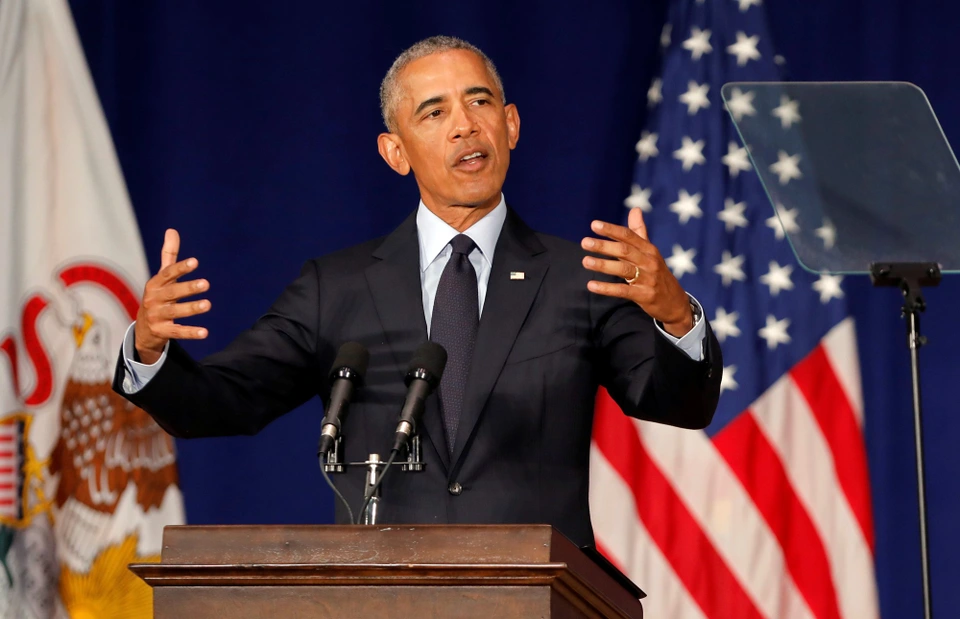
Inspiring the Next Generation
Perhaps one of the most enduring aspects of Obama’s legacy is his ability to inspire. Through his speeches, public appearances, and personal example, he motivated millions of young Americans to engage in civic life, pursue higher education, and believe that their actions could make a difference. The phrase “Yes We Can” continues to resonate as a message of empowerment, resilience, and optimism.
Obama’s influence also extends beyond formal politics. Through the Obama Foundation, he has worked to cultivate new leaders, promote civic engagement, and support community development projects. His commitment to mentoring future generations ensures that his message of hope and equality continues to impact American society long after his presidency.
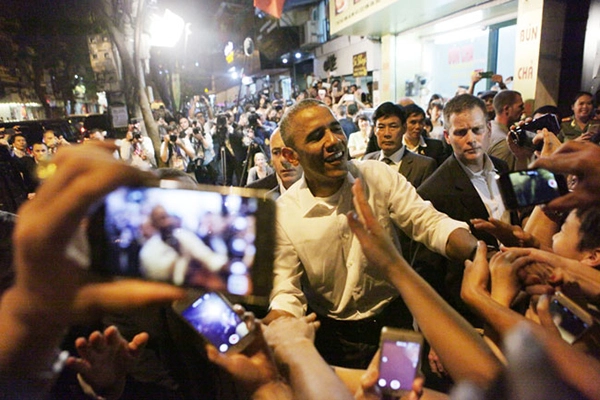
A Legacy of Hope, Kindness, and Progress
Barack Obama is more than a politician; he is a symbol of hope, human spirit, and moral leadership. His presidency brought tangible benefits to millions of Americans—through economic recovery, healthcare reform, social justice initiatives, and a more compassionate approach to leadership. Yet equally important, he inspired a generation to believe in progress, fairness, and the power of collective action.
From facing economic crises to championing equality, Obama consistently demonstrated that leadership could be grounded in empathy, vision, and resilience. For many Americans, he represents the best of the nation’s ideals: hope in the face of adversity, courage to embrace change, and a steadfast commitment to justice and equality.
